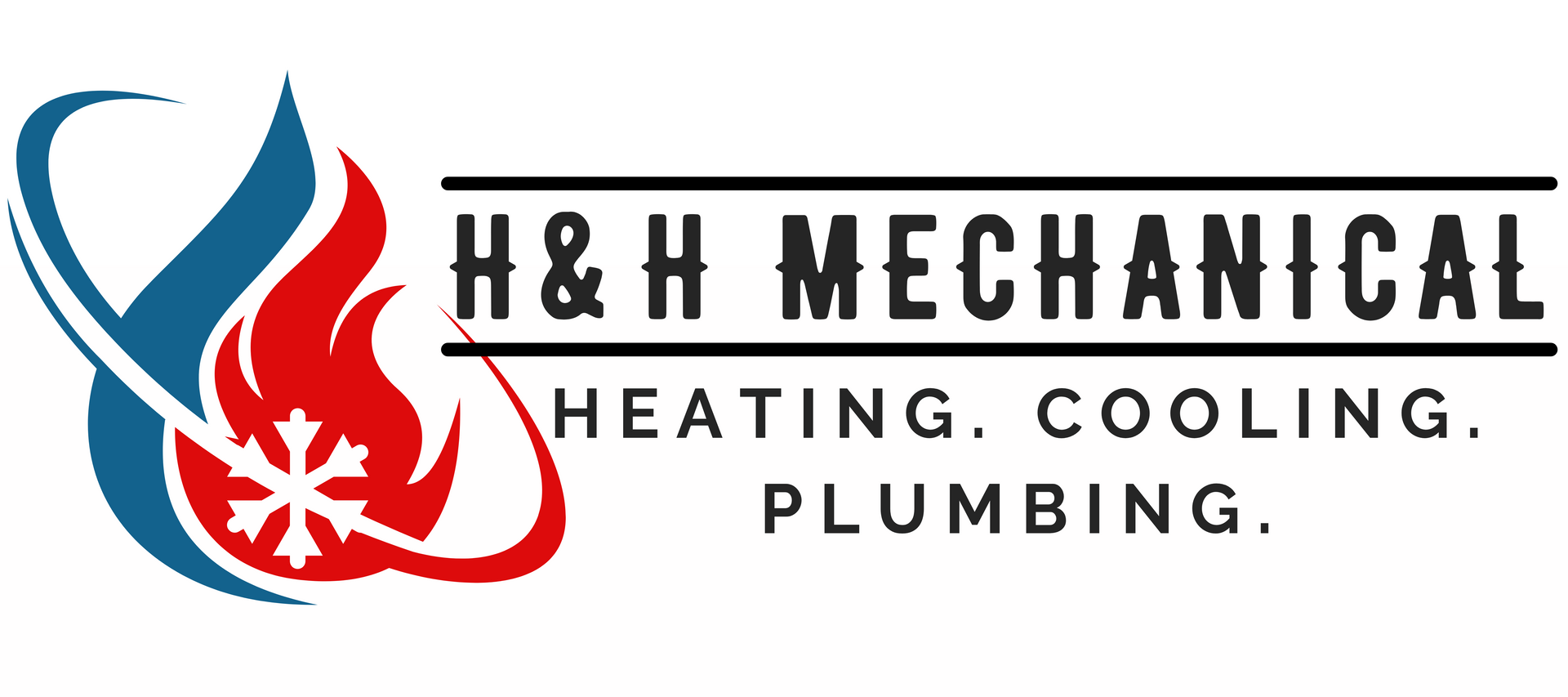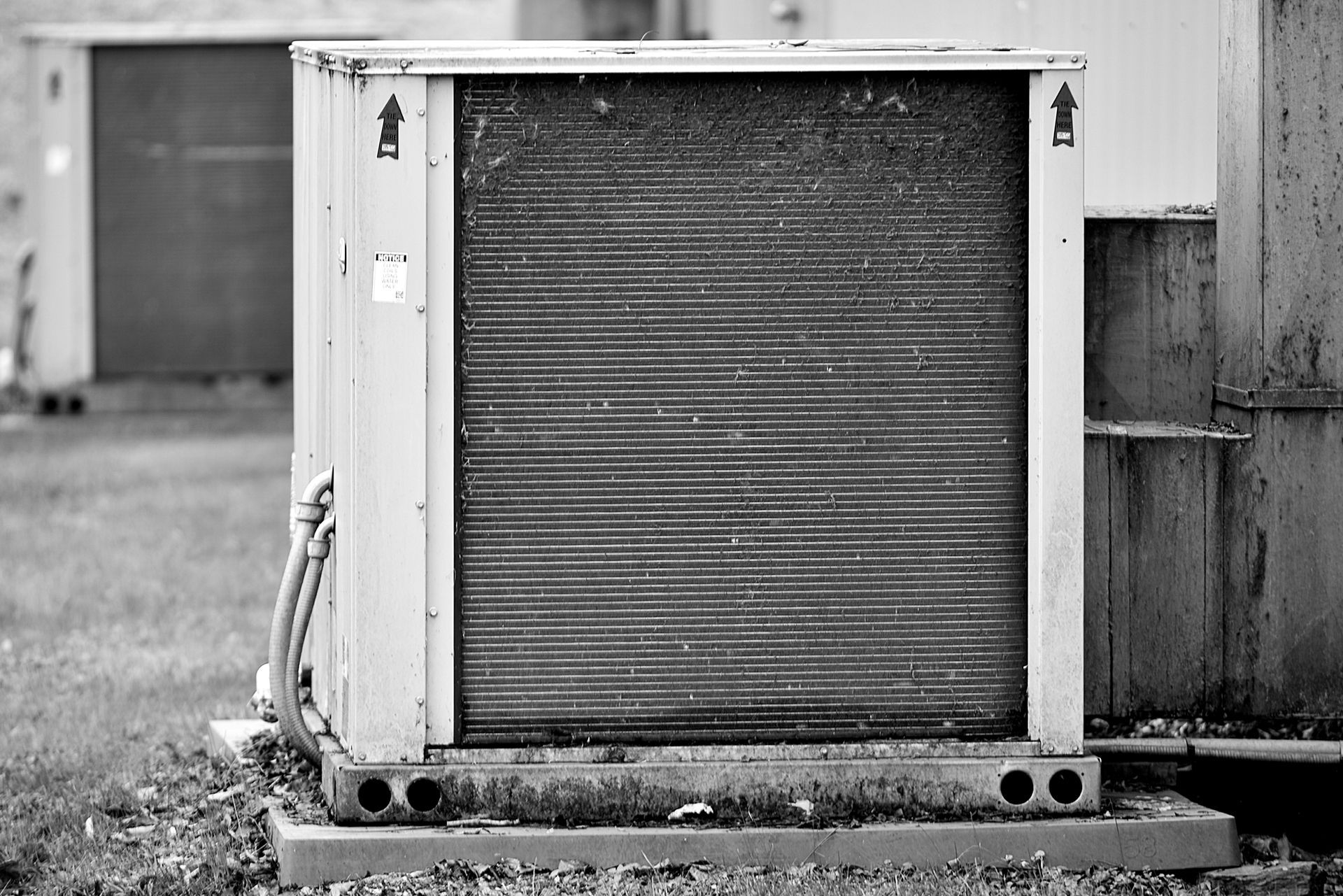Why Does My Air Conditioner Run in the Winter?
Discovering that your air conditioner is running during the colder months can be a surprising and confusing experience. However, there are legitimate reasons for this occurrence, some of which are by design and others that might indicate a need for maintenance. Understanding why this happens can ease your concerns and help ensure that your HVAC system is functioning as efficiently as possible, even when the mercury drops.
1. Heat Pump Operation
The most common reason your air conditioner seems to be active in winter is if you have a heat pump system. Heat pumps are designed to cool your home in the summer and heat it in the winter, using the outdoor unit in both operations. In heating mode, the system reverses the flow of refrigerant, extracting heat from the outdoor air and transferring it indoors. So, if your "air conditioner" is running in the winter, it's likely that it's actually your heat pump operating in its heating mode.
2. Defrost Mode
In winter, the outdoor unit of a heat pump can accumulate frost, which reduces its efficiency in heating mode. To combat this, heat pumps are equipped with a defrost cycle. During this cycle, it may appear that your air conditioning is running since the system temporarily reverses back to cooling mode to generate warm air to melt the frost on the outdoor unit. This is a normal and necessary function of a heat pump in colder weather.
3. Thermostat Settings
Occasionally, the reason your air conditioning runs in winter could be due to incorrect thermostat settings. If your thermostat is set to "cool" instead of "heat" or "auto," your air conditioning system will activate, regardless of the outside temperature. This is a simple fix but one that can significantly affect comfort and energy bills.
4. Integrated HVAC Systems
Some modern HVAC systems integrate both air conditioning and heating into a single unit, sharing interior components like air handlers and ductwork. In these systems, even when in heating mode, parts of your air conditioning system may still operate to circulate air throughout your home. This doesn’t necessarily mean the cooling function is active, but rather that the system uses the blower to distribute warm air.
5. Malfunction or System Error
If none of the above reasons apply, your AC running in winter could suggest a malfunction. This could be due to a variety of issues like a faulty thermostat, a stuck reversing valve (in heat pumps), or incorrect wiring. In such cases, it's essential to contact an HVAC professional to diagnose and resolve the problem to prevent potential damage or inefficiency.
Understanding and Addressing the Issue
Noticing your air conditioner running in winter isn’t always cause for immediate concern. Identifying the reason is the first step towards ensuring your system's efficiency and your home's comfort. Regular maintenance and familiarizing yourself with your HVAC system can help mitigate unexpected surprises and ensure that your system serves you well, regardless of the season. If in doubt, give us a call for a little clarity and peace of mind.







